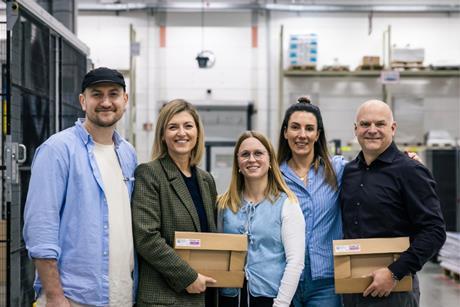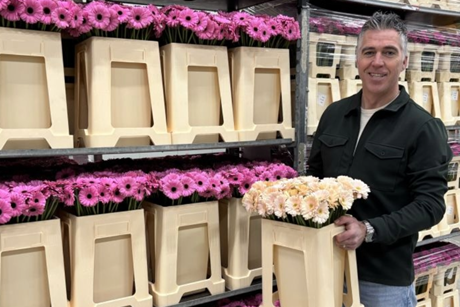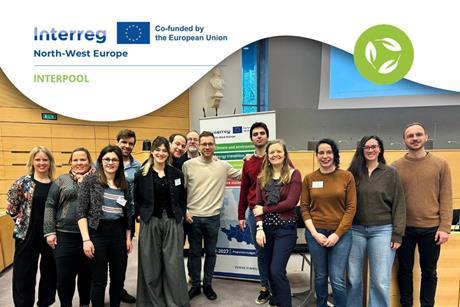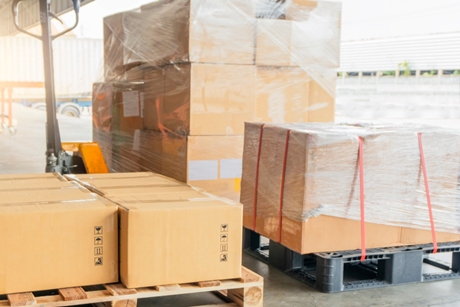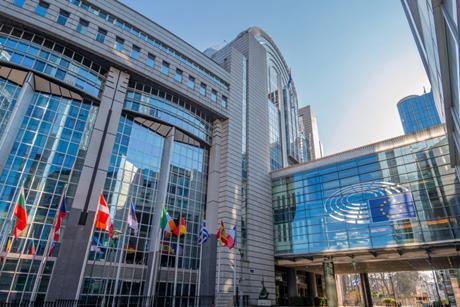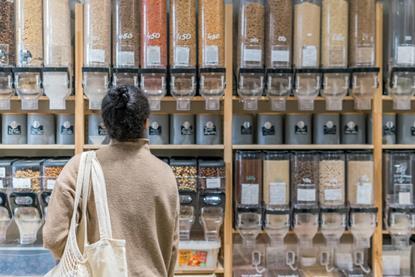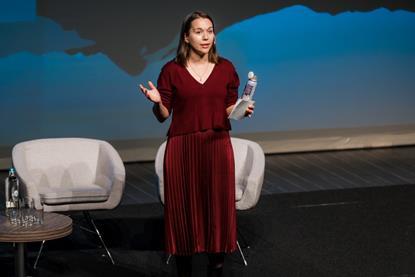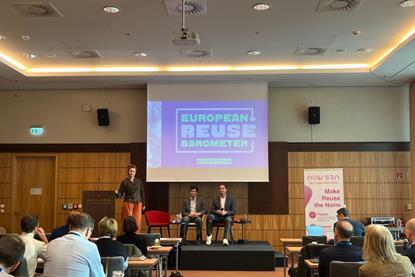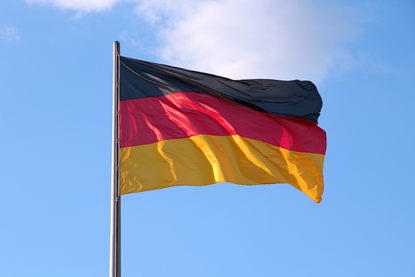Reuse
Flyeralarm brings 1 million shipping boxes into reusable system
Royal Flora Holland ships flowers in new reusable, returnable bucket
Could this new EU-funded project boost refillable packaging in Europe?
Pallet wrappings and straps officially exempt from PPWR’s reuse targets
The ultimate guide to the Packaging and Packaging Waste Regulation in 2026
- Previous
- Next
Reuse
Flyeralarm brings 1 million shipping boxes into reusable system
Online print shop Flyeralarm has collaborated with packaging return network Reuse.Me to bring approximately 1 million A4 shipping boxes into its closed loop system, aiming to keep the packaging in circulation several times before it is recycled.
Royal Flora Holland ships flowers in new reusable, returnable bucket
Royal Flora Holland is launching a reusable cardboard bucket to transport its flowers in a bid to eliminate approximately 250,000 kg of cardboard annually, reduce supply chain costs, and boost efficiency.
Could this new EU-funded project boost refillable packaging in Europe?
A new EU-funded scheme is aiming to scale up reusable packaging across Europe by working with organisations across the value chain to identify bottlenecks and design practical solutions that can work across different countries. To learn more about the objectives of this project, we caught up with Emmy Van Daele, Project Manager for INTERPOOL and Reuse Coordinator at Fair Resource Foundation.
Pallet wrappings and straps officially exempt from PPWR’s reuse targets
The European Commission has officially exempted businesses that use pallet wrappings and straps from the Packaging and Packaging Waste Regulation’s 100% reuse requirements, citing ‘disproportionate’ costs and supply chain impacts.
The ultimate guide to the Packaging and Packaging Waste Regulation in 2026
One year after the Packaging and Packaging Waste Regulation’s entry into force, where does our industry stand? Read on for a recap of the most significant developments over the last twelve months, from official updates to industry-wide action.
Why are so many reusable packaging companies failing?
Reusable packaging companies are shutting down at an alarming rate. Why is this happening, and what can be done to ensure the future viability of the sector? Mike Newman, CEO of Returnity, offers a firsthand perspective.
Refill gains ground as Europe’s 2030 PPWR targets approach
Earlier this month, the Paris Expo Porte de Versailles in France hosted over 10,000 attendees and exhibitors for Paris Packaging Week, showcasing packaging innovations in beauty and luxury spaces. Olga Kachook, SPC Director at GreenBlue, details the highlights of the event and the growth of refillable formats in light of the PPWR’s 2030 targets.
What is holding reusable packaging back?
A new report involving 115 reuse companies across Europe offers the most comprehensive snapshot yet of how reusable packaging systems are performing, what is holding them back, and what they need to scale. One of the key contributors, New ERA tells us more about what the future holds for this critical industry sector.
Germany announces landmark new packaging regulation
Germany has transposed the Packaging and Packaging Waste Regulation into national law – raising recycling quotas for various materials and revising licensing and financing rules.






